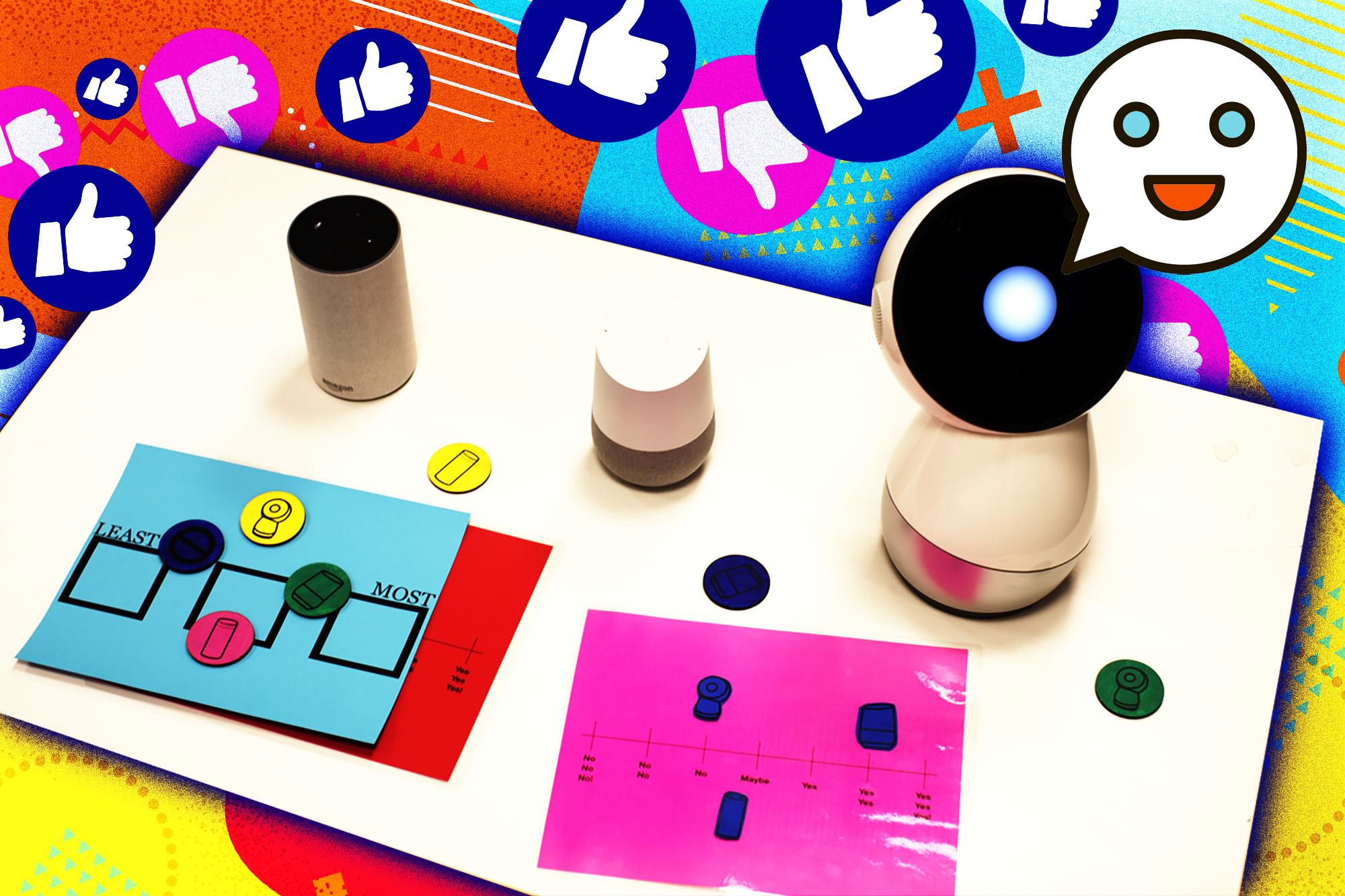
A family gathers around their kitchen island to unbox the digital assistant they just purchased. They will be more likely to trust this new voice-user interface, which might be a smart speaker like Amazon’s Alexa or a social robot like Jibo, if it exhibits some humanlike social behaviors, according to a new study by researchers in MIT’s Media Lab. The researchers found that family members tend to think a device is more competent and emotionally engaging if it can exhibit social cues, like moving to orient its gaze at a…



